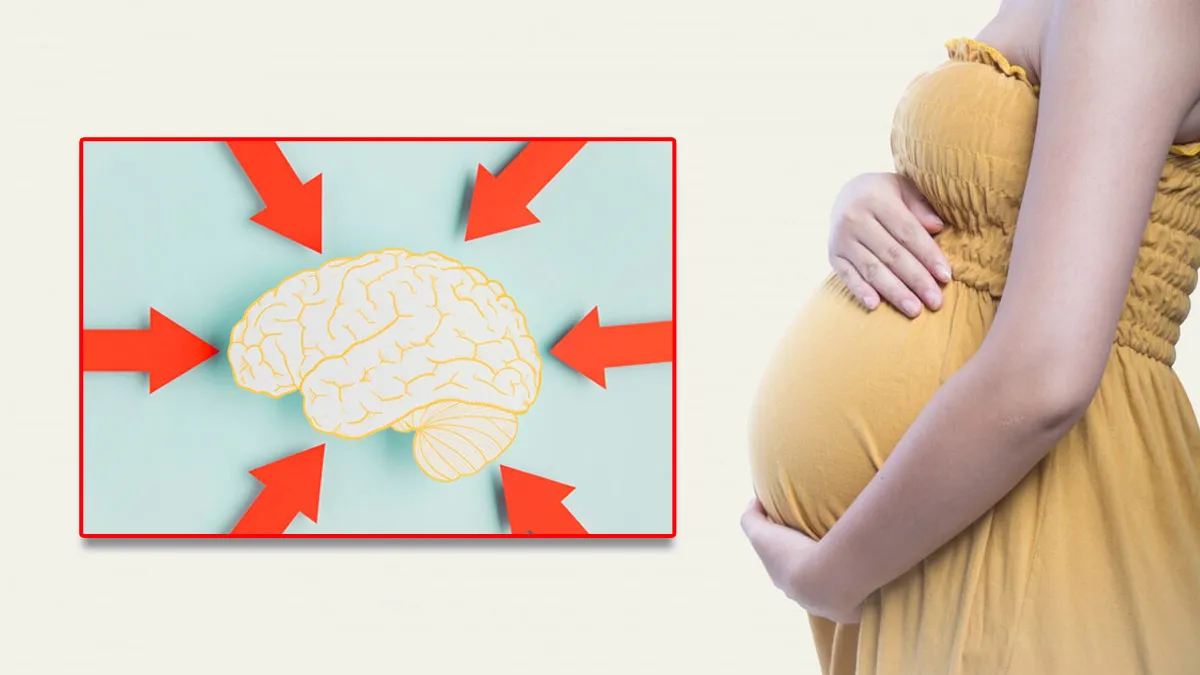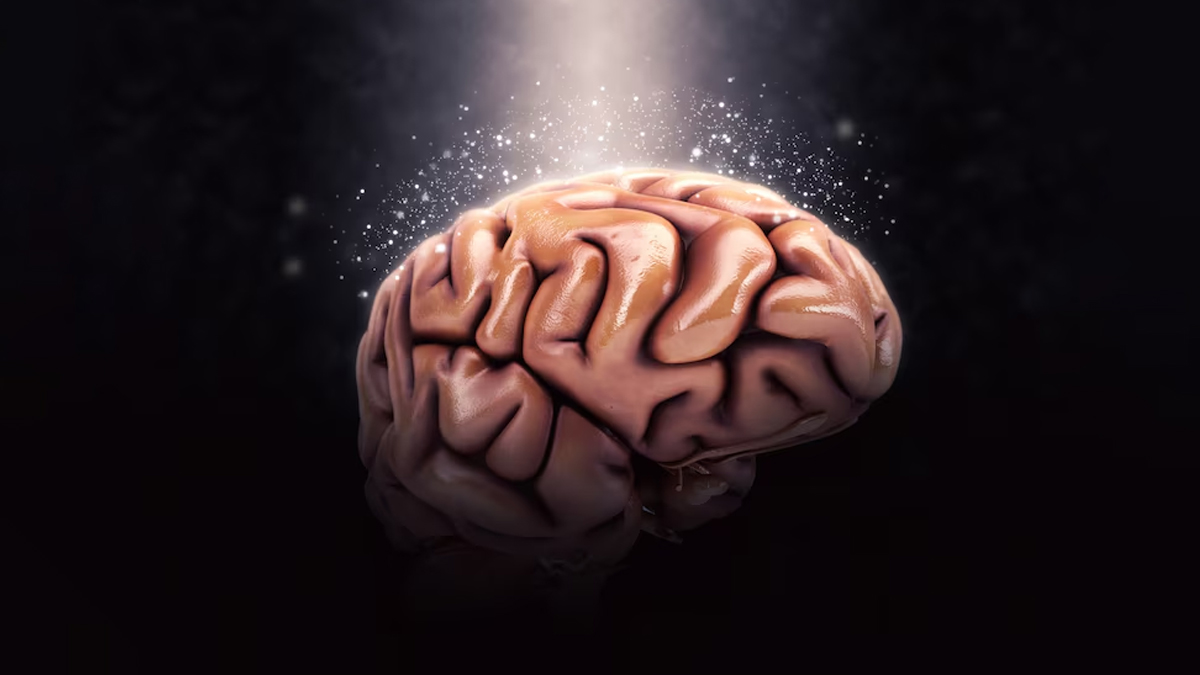
Each year, around 21 million girls between the ages of 15 and 19 in developing areas become pregnant, and nearly 12 million of these girls end up giving birth, as reported by the World Health Organization (WHO). With extreme hormonal shifts during this turbulent time, pregnancy causes a process of reorganisation in the brain, altering its structure and function. A groundbreaking study published in Nature Neuroscience highlights these changes, highlighting how pregnancy impacts the brain and subsequently impacts factors like maternal health and bonding.
Table of Content:-
RELATED: Pregnancy Fatigue: Causes And Effective Ways to Manage It
Changes In Brain Structure During Pregnancy

Hormonal surges during pregnancy trigger significant changes in the brain. The aforementioned study using magnetic resonance imaging (MRI) has shown a reduction in grey matter volume across large areas of the cerebral cortex during pregnancy. Grey matter is critical for processing information, decision-making, and emotional regulation. These changes, which are far more pronounced than normal variations seen in women who are not pregnant, suggest the brain undergoes rewiring during this period.
Researchers studying first-time mothers found that grey matter volume decreased by nearly 5% during pregnancy. The reduction was most prominent during the second and third trimesters, with partial recovery observed after childbirth. Additionally, the thickness of the brain’s cortex, which is the outermost layer involved in complex thinking and perception, also decreased but began to rebound postpartum.
Apart from the grey matter, pregnancy also affects other brain areas, such as white matter. White matter connects different brain regions, enabling the transmission of signals. Unlike grey matter, the components of white matter improved during the first two trimesters. This enhancement, possibly linked to the demands of pregnancy, returned to baseline levels after delivery.
Role Of Hormones
The brain changes during pregnancy are closely tied to fluctuations in hormones like estriol-3-sulfate and estrone-sulfate. These pregnancy hormones influence the reorganisation of neural networks, preparing the brain for maternal roles. The increase in cerebrospinal fluid volumes during late pregnancy further highlights the link between hormonal surges and brain structure.
Notably, the degree of grey matter recovery after childbirth is associated with maternal-infant bonding. Stronger recovery often correlates with better emotional connection and maternal well-being, suggesting the brain’s adaptability plays a role in fostering the bond between mother and child.
Neuroplasticity In Pregnancy
Pregnancy is a time of heightened neuroplasticity, the brain’s ability to adapt and reorganise itself. The observed weekly changes in the brain during pregnancy underscore its remarkable flexibility. These adaptations likely prepare the mother for caregiving, emotional responsiveness, and the complex demands of raising a child.
While grey matter decreases might seem concerning, they may reflect a refinement process. By shedding less-used neural connections, the brain could be prioritising areas essential for maternal behaviours, empathy, and nurturing instincts.
Other Physiological Changes During Pregnancy

Brain changes during pregnancy occur alongside significant alterations in other systems. As per clinical review, the endocrine system, particularly the thyroid gland, undergoes substantial shifts. These hormonal changes influence calcium and phosphorus regulation, which in turn affect thyroid function. Cardiovascular adaptations also occur, including increased cardiac output and vascular relaxation, ensuring sufficient oxygen and nutrients reach the growing fetus.
Additionally, respiratory adjustments take place as hormone levels regulate breathing patterns to accommodate the metabolic demands of pregnancy. These systemic changes highlight the interconnected nature of pregnancy’s impact on the body and brain.
Postpartum Changes
The period following childbirth is a lot more transformative. While some brain changes, such as white matter enhancements, return to pre-pregnancy levels, grey matter volume only partially recovers. This ongoing recovery may support long-term maternal roles, including bonding, emotional regulation, and caregiving.
Importantly, understanding these changes can also shed light on maternal mental health. Postpartum recovery of grey matter is linked to better emotional well-being, suggesting that promoting recovery can have significant benefits for mothers and their infants.
RELATED: What Is Postpartum Bipolar Disorder: Understanding Symptoms, Causes, Treatment, And Prevention
Bottomline
Pregnancy reshapes the brain in profound ways, driven by hormonal surges and the demands of motherhood. These changes, particularly the reduction and partial recovery of grey matter, highlight the brain’s adaptability during this transformative period. Beyond structural shifts, the brain undergoes functional adaptations that enhance maternal bonding and caregiving.
While the changes might appear complex, they are part of the body’s natural preparation for motherhood. Being aware of the interplay between brain structure, hormones, and maternal health opens new avenues for supporting women during and after pregnancy, ensuring both mothers and their children thrive.
Also watch this video
How we keep this article up to date:
We work with experts and keep a close eye on the latest in health and wellness. Whenever there is a new research or helpful information, we update our articles with accurate and useful advice.
Current Version